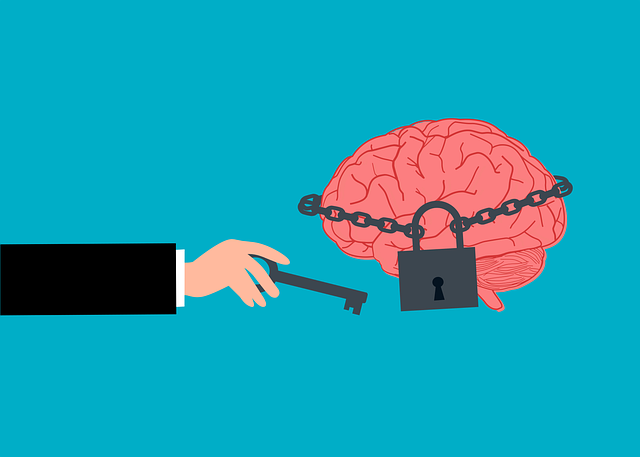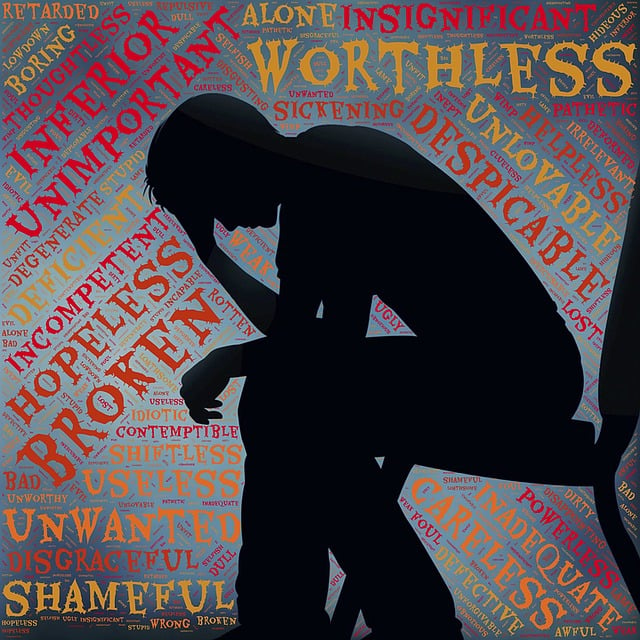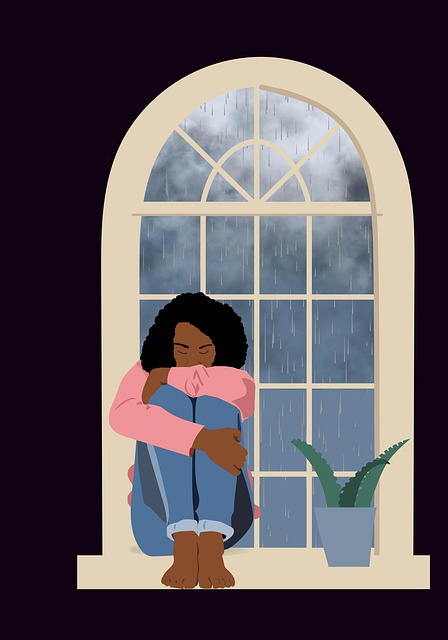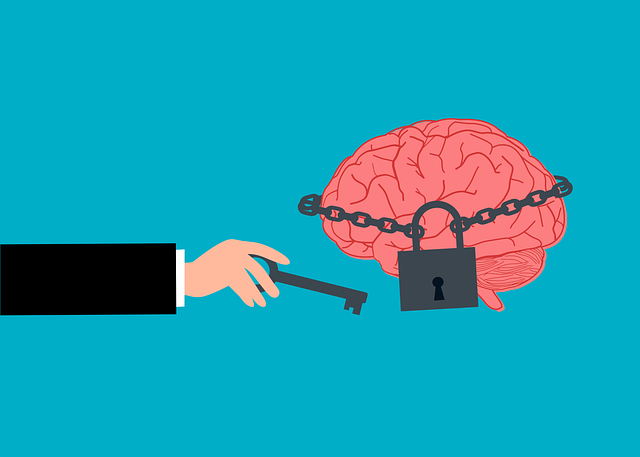Young survivors of abuse benefit significantly from therapy and mental health initiatives that focus on mood regulation and emotional coping skills. Through structured sessions with trained professionals, these children learn self-awareness, mindfulness, and effective expression of their feelings, leading to improved emotional stability. Safe therapy spaces foster trust and resilience, enabling them to process trauma, build healthy relationships, and develop long-term coping strategies. Additionally, public awareness campaigns reduce stigma, encouraging help-seeking behaviors and preventing depression among this vulnerable population. Therapy for Young Children Abuse Survivors is a comprehensive approach that includes evidence-based methods like TF-CBT, risk management planning, and community outreach programs to support their mental wellness throughout their lives.
Mood regulation strategies are crucial for young survivors of abuse, helping them navigate emotional challenges and foster resilience. This article explores four key areas to enhance coping abilities: understanding mood regulation, the role of therapy in teaching emotional skills, creating safe spaces, and long-term strategies for emotional well-being. For parents and caregivers supporting young children who have experienced abuse, these insights offer a roadmap towards helping them develop healthy emotional management tools. Discover how therapy and targeted interventions can empower survivors to thrive.
- Understanding Mood Regulation for Young Survivors of Abuse
- The Role of Therapy in Teaching Emotional Coping Skills
- Creating Safe Spaces and Enhancing Resilience
- Long-term Strategies for Navigating Emotional Challenges
Understanding Mood Regulation for Young Survivors of Abuse

Understanding Mood Regulation for Young Survivors of Abuse
For young survivors of abuse, mood regulation is a critical aspect of their journey towards healing and recovery. Therapy for Young Children Abuse Survivors often focuses on helping them develop effective strategies to manage and stabilize their emotions, which can be especially challenging given their traumatic experiences. Mental Health Awareness initiatives play a vital role in equipping these individuals with the tools necessary to navigate their emotional landscapes.
Self-Awareness Exercises and Mindfulness Meditation are among the key techniques employed in therapy. These practices foster an enhanced sense of self-awareness, enabling young survivors to recognize and understand their emotions more profoundly. By integrating mindfulness into their daily routines, they can learn to respond mindfully rather than reacting impulsively to distressing feelings, thereby promoting better emotional regulation over time.
The Role of Therapy in Teaching Emotional Coping Skills

Therapy plays a pivotal role in empowering young children who have survived abuse by teaching them essential emotional coping skills. Through structured sessions with trained professionals, these children learn to identify and express their feelings effectively. Therapists employ various techniques tailored to their age group, focusing on building resilience and healthy coping mechanisms. By creating a safe space, therapy helps survivors process trauma, develop trust, and gain a sense of control over their emotions.
In the context of therapy for young children abuse survivors, mental illness stigma reduction efforts are often integrated into community outreach program implementations. This collaborative approach addresses the broader impact of abuse on mental health. Through advocacy and policy analysis, stakeholders push for improved access to quality therapy services and support systems, ensuring that survivors receive the necessary care and nurturing environment they need to flourish and lead fulfilling lives, despite their past experiences.
Creating Safe Spaces and Enhancing Resilience

Creating safe spaces is a powerful tool for young children who have experienced abuse and trauma. In therapy sessions, professionals can design environments that foster trust, security, and emotional support, enabling children to express their feelings and begin the process of healing. This approach is particularly crucial in the context of therapy for young children abuse survivors, where establishing a safe haven can significantly enhance their mental wellness.
By creating these sanctuaries, resilience can be cultivated and strengthened. Safe spaces allow children to develop coping mechanisms, learn emotional regulation strategies, and build resilience against future adversities. Public awareness campaigns development around trauma and its effects can further support this process by reducing stigma and encouraging more individuals to seek help, ultimately contributing to broader depression prevention efforts.
Long-term Strategies for Navigating Emotional Challenges

Navigating emotional challenges is a lifelong process, especially for young children who have experienced abuse. Long-term strategies are crucial to help them manage their emotions and promote mental wellness. Therapy plays a pivotal role in this journey, offering specialized treatment like trauma-focused cognitive behavioural therapy (TF-CBT) tailored to address the unique needs of abuse survivors. This approach helps children process traumatic memories, develop healthy coping mechanisms, and build resilience.
Risk management planning for mental health professionals is essential alongside therapy. By integrating crisis intervention guidance into their practice, therapists can ensure they are equipped to handle intense emotional states in a supportive manner. This proactive approach, combined with long-term therapeutic support, enables young survivors to overcome challenges, foster positive relationships, and lead fulfilling lives.
Mood regulation strategies are essential tools for young survivors of abuse, offering them coping mechanisms to navigate emotional challenges and foster resilience. By understanding the impact of trauma and leveraging therapy sessions, these children can learn to manage their moods effectively. Creating safe spaces and adopting long-term strategies further enhance their ability to recover and thrive. For parents and caregivers, supporting these strategies through Therapy for Young Children Abuse Survivors is a powerful step towards empowering vulnerable individuals to lead healthy, fulfilling lives.












